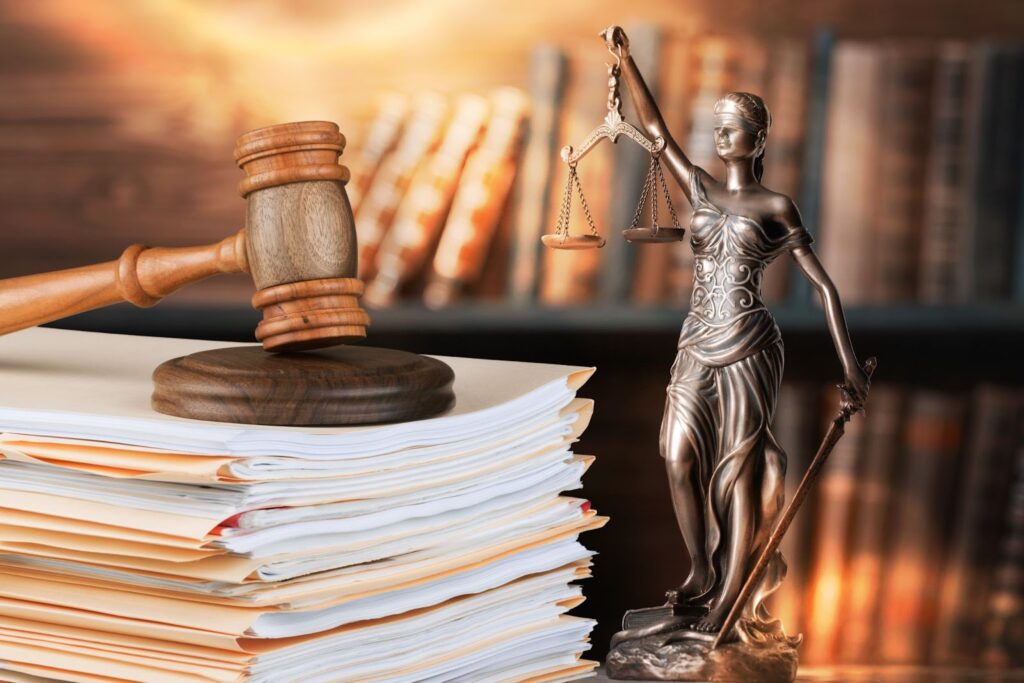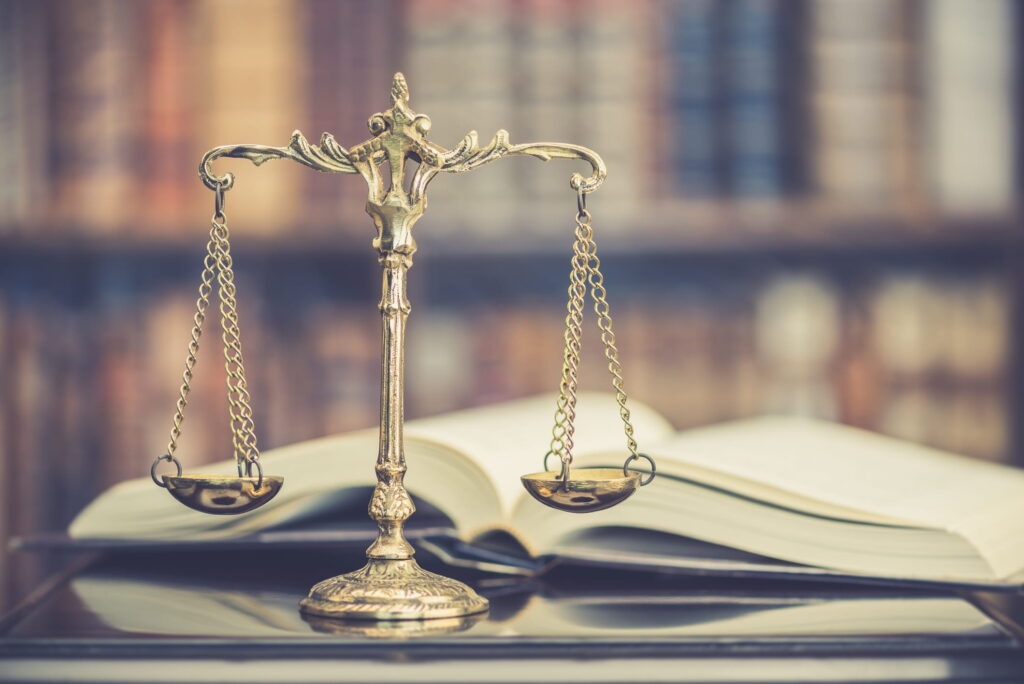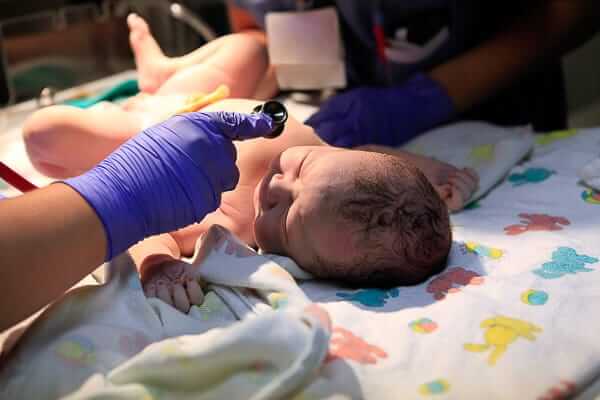What Takes Time In Wrongful Death Lawsuits?

As with any type of legal complaint, wrongful death lawsuits come in all forms, some being simple and straightforward and others being lengthy and complicated. It’s these unique circumstances that determine how long a wrongful death lawsuit will take to close. With complex filings, it can take upwards of several years for a case to conclude, whether it be through a settlement or trial.
If you or a loved one has filed a wrongful death lawsuit, understanding what goes into the claim and the different factors that come into play during litigation can help you better understand why a lawsuit might be taking a long time.
- How Long Does a Wrongful Death Lawsuit Take to Settle?
- When the Defendant Rejects Responsibility for Your Loved One's Death
- Moving Through the Discovery Process
- Examination of Evidence
- Interviewing Witnesses
- Appealing a Decision When There Is a Disagreement about the Outcome
- Taking the Case to Trial If Necessary
- What Should I Expect If I File a Wrongful Death Claim?
- Visit Our Office Locations Across Colorado & Beyond
- You Deserve Fair Compensation
- Related Wrongful Death Resources
How Long Does a Wrongful Death Lawsuit Take to Settle?
There are a number of factors that need to be considered when settling a wrongful death lawsuit. The parties involved, the circumstances of the case, and any available evidence will all impact the conclusion of a wrongful death lawsuit.
On average, however, research suggests that wrongful death complaints take anywhere from one to four years to conclude.
Let’s go over some of the specific factors that may extend the time of wrongful death settlements. Understanding these factors and why they are important helps you navigate what’s to come as you move through the process.
When the Defendant Rejects Responsibility for Your Loved One’s Death
More often than not, defendants will reject all or some of the fault associated with your loved one’s death. This is typically the first roadblock that contributes to a lengthy case. If the defendant rejects responsibility, it will understandably take time for that defendant to draw up their notice of rejection and detail why they reject the claim.
The attorney representing your loved one’s family or estate will then kickstart an investigation as they aim to negotiate a settlement. This process consists of gathering evidence of why all or some of the blame falls on the defendant.
It takes time for these negotiations between legal teams to take place, especially if a defendant has the time and resources to fight off the allegations. If a settlement cannot be reached, then the case will head to trial, an avenue that will take even more time for plaintiffs to wait through.
Moving Through the Discovery Process
The discovery process ties into the initial notice to the defendant about their negligence and the collection of evidence. Essentially, the discovery process is when a wrongful death lawyer gathers or “discovers” necessary evidence in order to create a strong case against the negligent party.
Unsurprisingly, the discovery process tends to be one of the most lengthy parts of a wrongful death lawsuit and can take months, if not years, to complete. Of course, the more complicated the circumstances of your loved one’s wrongful death, the more complicated the discovery process might be. For example, cases of medical malpractice can take longer than a slip and fall injury that led to death because the former might take more time to investigate.
Examination of Evidence

When putting together a wrongful death claim, your attorney will gather all the necessary evidence needed to present a strong argument. The collection of evidence can be laborious and understandably time-consuming. The more complicated the circumstances of your loved one’s death, the more exhaustive this evidence-collection process may be.
Types of evidence collected will typically include but are not limited to the following:
- Personnel records
- Security camera footage
- Driving records
- Toxicology reports
- Mobile device data
- Witness testimony
- Testimony from medical professionals
- Medical bills and records
- Insurance company statements
Interviewing Witnesses
If there are individuals who witnessed the events that caused your loved one’s death, having this witness testimony is pertinent to a wrongful death lawsuit. Understandably, it takes time to interview witnesses in order to get a clear account of what happened. If there are several witnesses, then a legal team will need more time to gather evidence and testimony that corroborates the claim.
Appealing a Decision When There Is a Disagreement about the Outcome
When filing any lawsuit, especially a wrongful death lawsuit, plaintiffs should expect to get pushback about a defendant’s responsibility. Even if the case concludes and an outcome is reached, plaintiffs will still have the ability to appeal the decision.
This appeals process can be just as long, if not longer, than the process of filing the original wrongful death lawsuit. The appeals process not only requires a plaintiff to present their evidence but to back up that evidence disputing why they feel the outcome was not a just one.
Additional witness testimony, collection of evidence, and a more thorough review of the case will all be required, undoubtedly making the process last much longer.
Taking the Case to Trial If Necessary
In the event that both parties cannot agree on an outcome, or settlement, as it relates to the wrongful death, the case will go to trial. In a civil trial, both plaintiff and defendant will need to prepare and present a detailed analysis of their case so that a court can decide on an outcome. Trials can take weeks and even months to conclude, prolonging the outcome of a wrongful death lawsuit.
In specific circumstances when criminal behavior has caused the wrongful death, some families may choose to wait until the criminally negligent have been charged before moving forward with the wrongful death lawsuit. In these events, it can take months or years for the criminal charges to be brought forward.
It’s important to note that because of statutes of limitations, some plaintiffs may decide to file a lawsuit without criminal charges being filed first. However, plaintiffs can still present evidence of criminal negligence as it’s gathered through discovery.
What Should I Expect If I File a Wrongful Death Claim?

When filing a wrongful death lawsuit, there will be a number of parties involved. Each party will play an important role and will ultimately impact how long it takes for the wrongful death claim to be resolved.
If the circumstances of your loved one’s wrongful death resulted in criminal charges, then there will be additional parties that will tie into your case. These parties will typically include the following:
- The prosecutor’s office
- The defense’s legal team
- Victims and family members of the victims
- A judge
- A jury
Regardless of the circumstances of your loved one’s wrongful death, seeking legal representation can help you recover the compensation you, your family, and your deceased loved one deserves.
sources
Discovery Process (2022).
Rafii, R. (2021) Wrongful Death Lawsuit Settlements: Averages and Outliers
Visit Our Office Locations Across Colorado & Beyond
Serving Clients Nationwide
You Deserve Fair Compensation
Don’t let the insurance companies intimidate you into accepting less than you deserve. We’re ready to fight for you.
Related Wrongful Death Resources

Written and Legally Reviewed By: Kyle Bachus
4.6 ★★★★★ 1,461 Google Reviews
Kyle is a member of the Colorado Bar associations and has served on the Board of Directors of the Colorado Trial Lawyers Association for more than twenty years in total. Over the years, Kyle has achieved justice for many clients. He has served on numerous committees and repeatedly won recognition from his peers at both the state and national level. He is proud of the role he has played in the passage of state and national legislation to protect consumers and is a frequent speaker and guest lecturer.










